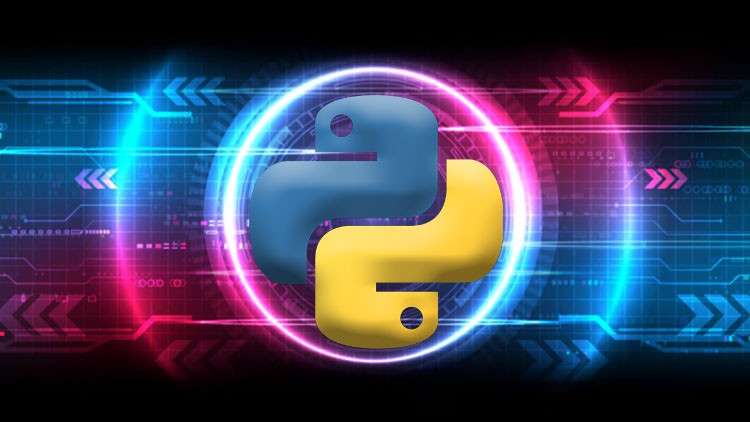
Step-by-step Python training to build real applications and boost your coding skills.
What you will learn
Overview of Python and its Applications
Installing Python and Setting Up the Development Environment
Running Python Scripts
Writing Your First Python Program
Variables and Data Types
Operators and Expressions
Python Input and Output
Type Conversion and Casting
Conditional Statements (if, elif, else)
Loops in Python (for, while)
List Comprehensions and Lambda Functions
Defining and Calling Functions
Function Arguments and Return Values
Lists, Tuples, and Sets
Dictionaries and Dictionary Methods
Classes and Objects
Constructors and Destructors
Encapsulation and Abstraction
Working with CSV and JSON Files
Handling Exceptions and Error Handling
Using the OS and shutil Modules
Connecting Python to MySQL & SQLite
Performing CRUD Operations
Multithreading and Multiprocessing
Working with Regular Expressions
Memory Management and Performance Optimization
Add-On Information:
Note➛ Make sure your 𝐔𝐝𝐞𝐦𝐲 cart has only this course you're going to enroll it now, Remove all other courses from the 𝐔𝐝𝐞𝐦𝐲 cart before Enrolling!
- Build Core Programming Logic: Develop a strong understanding of fundamental programming principles, enabling you to construct logical solutions and approach coding challenges systematically.
- Master Python’s Syntax and Structure: Gain fluency in Python’s elegant and readable syntax, writing clean, concise, and maintainable code following industry best practices.
- Engineer Robust Data Handling: Learn to effectively organize and manipulate diverse data types and structures, preparing you for complex data requirements in real-world applications.
- Design Scalable Object-Oriented Systems: Apply OOP principles to create flexible, reusable, and modular codebases that are easily expandable and adaptable.
- Seamless Data Integration: Acquire skills to interact with various data sources, including parsing common file formats like CSV/JSON and connecting to relational databases (MySQL, SQLite).
- Implement Persistent Data Management: Master CRUD operations for databases, a crucial skill for building dynamic, stateful applications with long-term data storage.
- Automate System-Level Tasks: Gain proficiency in writing scripts to interact directly with the operating system, enabling automation of routine tasks and file system management.
- Craft Error-Resilient Applications: Learn robust techniques for handling exceptions and errors, ensuring your programs are stable, reliable, and provide a smooth user experience.
- Optimize Application Performance: Explore multithreading and multiprocessing to build concurrent applications, leading to faster execution and more responsive interfaces.
- Develop Advanced Text Processing: Utilize regular expressions for powerful searching, matching, and manipulating complex text patterns, essential for data cleaning and validation.
- Write Efficient Python Code: Understand Python’s internal memory management, allowing you to write optimized code that efficiently utilizes resources and scales effectively.
- Transition to Practical Application: Move beyond theory by applying your knowledge to construct tangible, functional programs that solve real-world problems.
- Cultivate Strong Problem-Solving Abilities: Enhance your critical thinking and debugging skills through a systematic, step-by-step approach to complex programming challenges.
- Prepare for Developer Roles: Build a highly sought-after skill set, positioning you for entry-level to intermediate Python development positions across various sectors.
- Confidently Navigate Python’s Ecosystem: Gain the foundation and confidence to explore and integrate additional Python libraries and frameworks into your projects.
- Understand Software Architecture Fundamentals: Grasp how different components of an application interact, from data input to processing and persistent storage.
PROS:
- Comprehensive Skill Building: Offers a holistic curriculum, guiding learners from absolute basics to advanced developer concepts and practical application.
- Real-World Readiness: Focuses on skills directly applicable to building functional software, preparing students for actual development tasks and roles.
- Structured Learning Path: The “step-by-step” methodology ensures a clear, logical progression, making complex topics accessible and manageable for all learners.
- Foundation for Specialization: Provides a robust core understanding of Python, serving as an excellent springboard for specialized fields like web development, data science, or machine learning.
CONS:
- Project Portfolio Emphasis: While covering practical skills, the course description doesn’t explicitly highlight building complete, large-scale projects, which might be desired by some advanced learners for a portfolio.
English
language